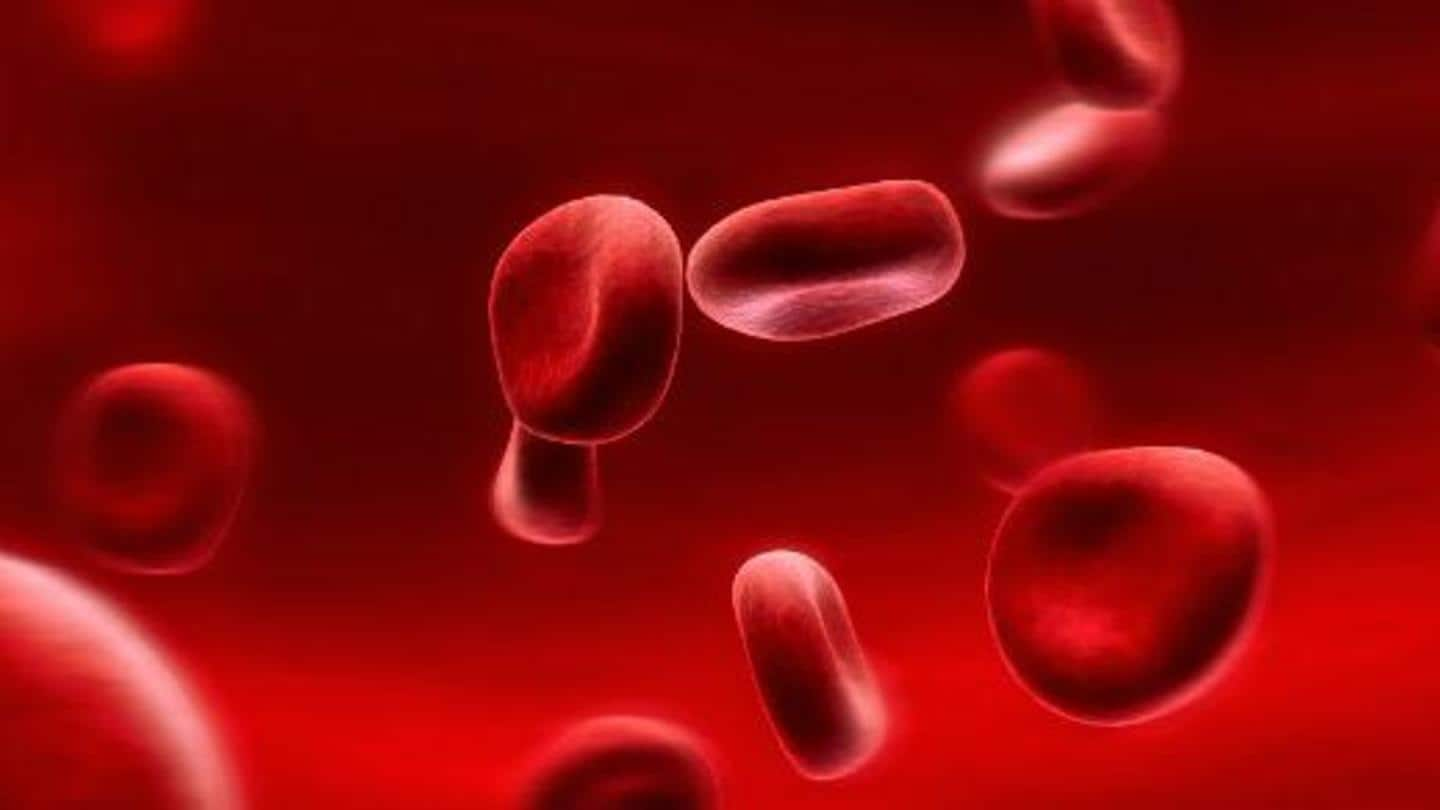
Iron deficiency anemia: Symptoms, causes, treatment, and prevention
What's the story
Iron deficiency anemia is the most common kind of anemia that occurs when the body has low levels of iron. Since your body needs iron to make hemoglobin, its deficiency restricts the required amount of oxygen from reaching the rest of your body. Although the condition is quite common, people don't easily recognize it. So here is an overview of iron deficiency anemia.
Symptoms
Symptoms: Shortness of breath, fatigue, dizziness, paleness
Since this deficiency causes lower levels of oxygen in the body, the three primary symptoms of this condition are shortness of breath, fatigue, and dizziness. You might also notice some paleness in areas like the face, lower inner eyelids, or nails. Other symptoms may include strange cravings, tongue swelling or soreness, headaches, cold hands and feet, fast or irregular heartbeat, and brittle nails.
Causes
What are the possible causes of this anemia?
The number one reason for this condition is not getting enough iron in the diet. Losing a large amount of blood quickly or losing small amounts of blood over a long period of time can also cause this anemia because the body loses more iron with blood loss. This condition becomes quite common during pregnancy due to the increase in the need for iron.
Treatment
Treatment of iron deficiency anemia differs from case to case
If you notice the symptoms mentioned above, do a full blood check-up. If the results show an iron deficiency, you will have to take iron tablets for several months, depending on your levels. A diet rich in iron and vitamin C is helpful, too. If the cause is some kind of bleeding, then treating the underlying cause (heavy periods, severe injury, etc) is necessary.
Prevention
Prevent this condition by consuming iron-rich food items
Consumption of iron-rich foods is the best way to prevent this condition. Meat is considered the best source of iron. But if you are a vegetarian or vegan, increase your intake of plant-based foods like beans, dark green leafy vegetables, dry fruits, peas, and iron-fortified products. Since vitamin C enhances iron absorption, consume citrus fruits, broccoli, berries, and other foods that contain this vitamin.